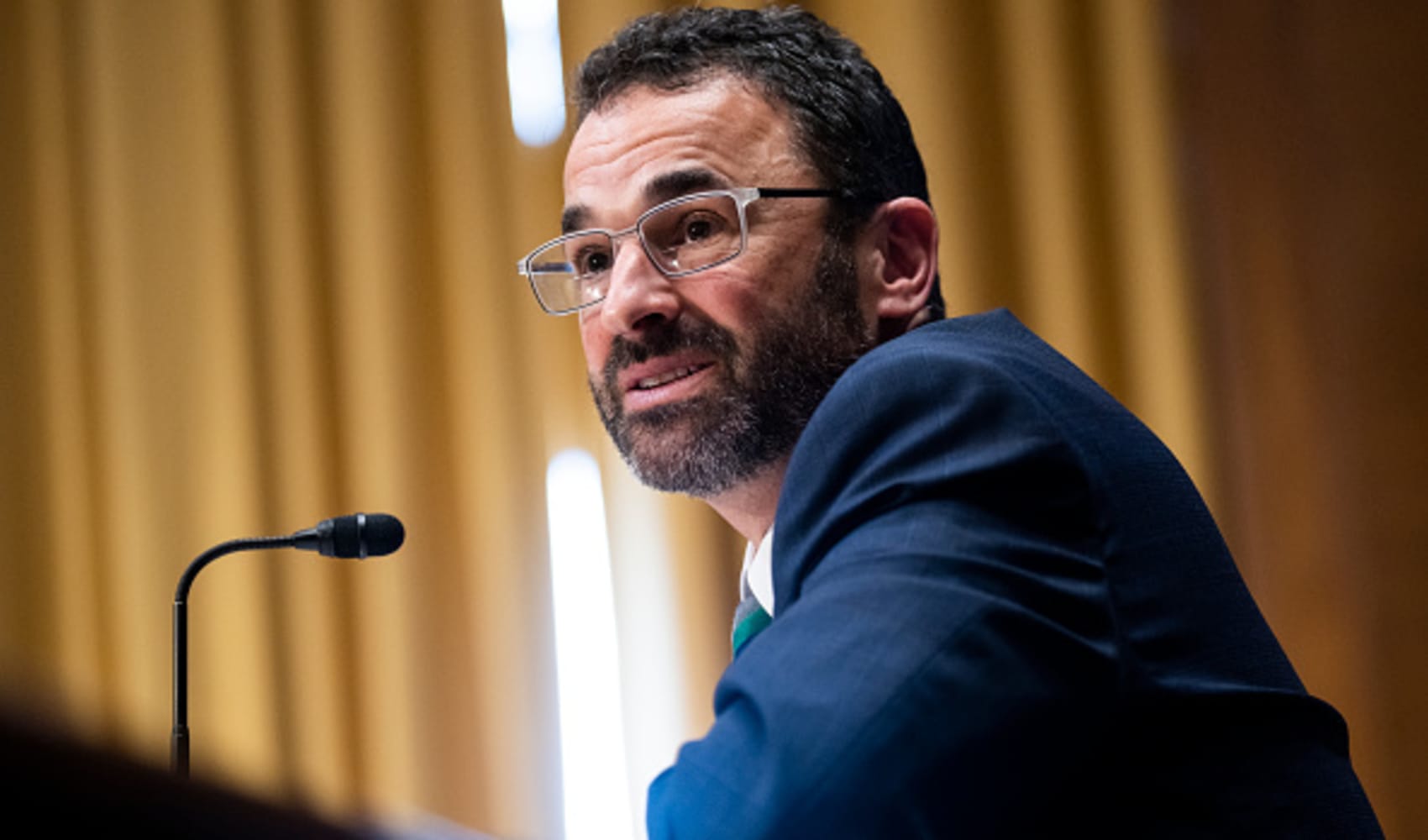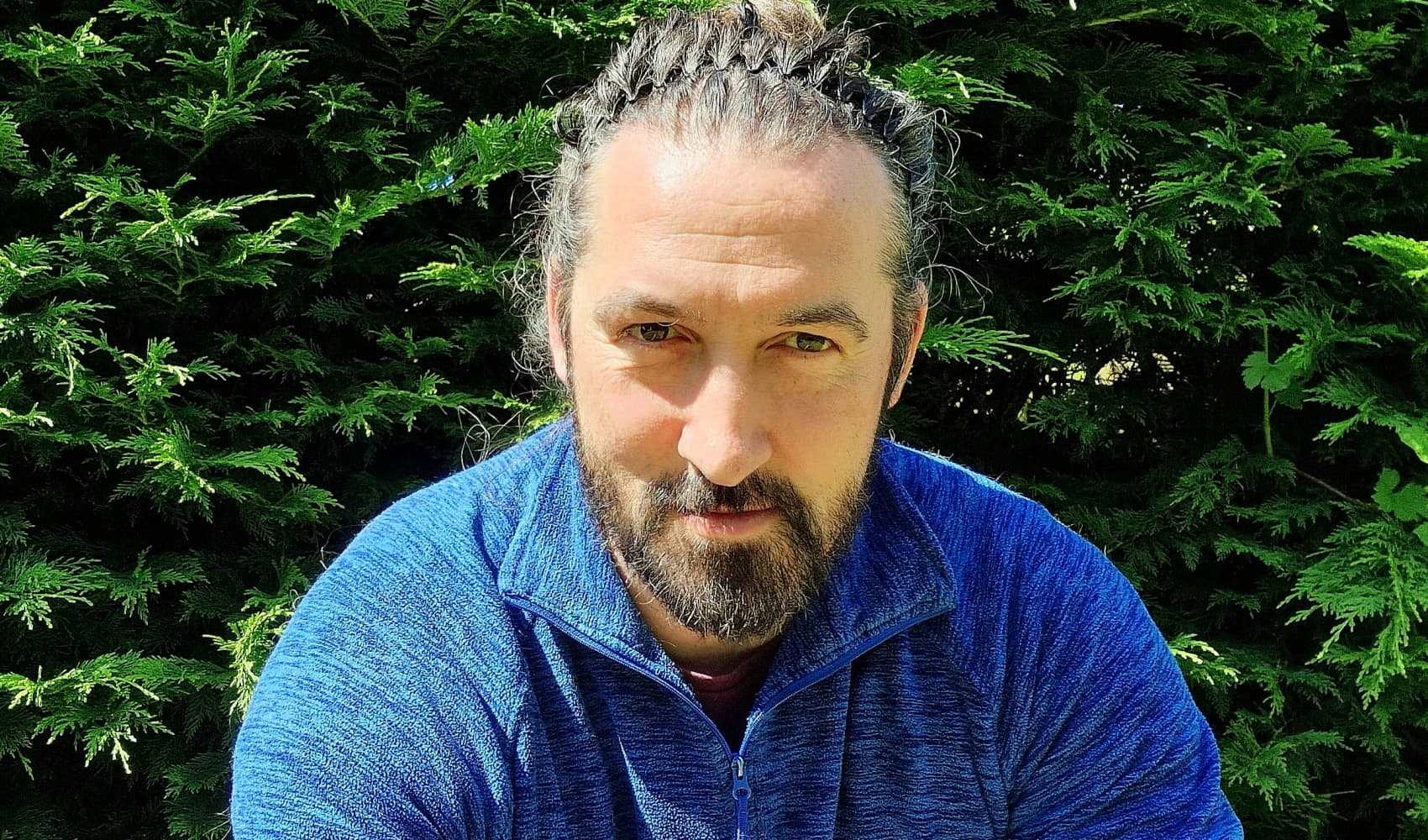
- Former President Donald Trump was deposed Wednesday for a civil lawsuit accusing him of defaming the writer E. Jean Carroll after she accused him of raping her in a New York City department store.
- Trump lost his bid to delay being questioned under oath by Carroll's lawyers when a Manhattan federal judge brushed aside arguments that a pending appeal in the lawsuit warranted putting the case on hold.
- The deposition comes two months after Trump refused to answer questions under oath in a deposition by attorneys for New York Attorney General Letitia James in connection with a civil investigation of his company.
Former President Donald Trump was deposed Wednesday for a civil lawsuit accusing him of defaming the writer E. Jean Carroll after she accused him of raping her, her representation confirmed.
"We're pleased that on behalf of our client, E. Jean Carroll, we were able to take Donald Trump's deposition today. We are not able to comment further," a spokesperson for the firm Kaplan Hecker & Fink said in a statement.
Trump on Oct. 12 lost his bid to delay being questioned under oath by Carroll's lawyers when a federal judge brushed aside arguments that a pending appeal in the lawsuit warranted putting the case on hold.
Get Tri-state area news and weather forecasts to your inbox. Sign up for NBC New York newsletters.
The timing of Trump's deposition and its location were not immediately available Wednesday.
"As we have said all along, my client was pleased to set the record straight today. This case is nothing more than a political ploy like many others in the long list of witch hunts against Donald Trump," Trump's lawyer, Alina Habba, said in a statement.
Carroll was scheduled to have been deposed for the case last Friday.
Money Report
A trial in the case is scheduled for February.
Even if that trial is put on hold, or outright canceled as the result of the pending appeal, Carroll plans to sue the 76-year-old Trump in New York state court next month under a new law that lifted the statute of limitations for claims of rape and sexual abuse.
Carroll's lawyers could use Trump's Wednesday deposition in that planned suit.
The deposition comes two months after Trump refused to answer questions under oath in a deposition by attorneys for New York Attorney General Letitia James in connection with a civil investigation of his company, the Trump Organization. Trump invoked his Fifth Amendment right against self-incrimination more than 440 times in that deposition.
James last month sued Trump, his company, three of his adult children and others, alleging widespread fraud involving allegedly false financial statements related to the company's business. James is seeking at least $250 million in damages in that case, as well as sanctions.
Carroll, 78, in a 2019 New York magazine article, accused Trump of raping her in a dressing room in the Bergdorf Goodman department store in Manhattan in the mid-1990s after a chance encounter in the store.
Trump, who was president at the time the article appeared, responded that Carroll was lying and motivated by money and political considerations to concoct the account.
Carroll then sued Trump for defamation in New York state court.
The case was transferred a year later to U.S. District Court in Manhattan as the Department of Justice, then under the control of the Trump-appointed Attorney General William Barr, sought to replace Trump as the defendant in the case. The department argued that because Trump was president at the time he allegedly defamed Carroll, the government had the power to step in and act as the defendant because he was a government employee.
If the DOJ was allowed to do so, it would effectively end the lawsuit. Under the doctrine of sovereign immunity, the federal government has the power to deny plaintiffs the right to sue it.
Judge Lewis Kaplan rejected that bid. "The President of the United States is not an employee of the Government within the meaning of the relevant statutes," he said in a ruling.
"Even if he were such an employee, President Trump's allegedly defamatory statements concerning Ms. Carroll would not have been within the scope of his employment," wrote Kaplan, who is not related to Carroll's attorney.
The DOJ appealed Kaplan's ruling.
In September, the U.S. 2nd Circuit Court of Appeals overturned Kaplan's ruling on the question of whether Trump was acting as a government employee at the time he replied to Carroll's article. But the appeals court also asked its sister appeals court in Washington, D.C., to rule on whether Trump made the statements about Carroll within the scope of his employment, as defined by local District of Columbia law.
The D.C. federal appeals court has not yet ruled on that question.
Kaplan, in his decision last week, said that Trump was not entitled to delay his deposition pending the outcome in the D.C. court because he had not shown a required strong likelihood of success on that question.
Kaplan also wrote that there was reason to believe that Trump was continuing to engage in delaying tactics in the litigation and that the "advanced age" of both Trump and Carroll was a reason not to further postpone action in the case.
"The defendant should not be permitted to run the clock out on plaintiff's attempt to gain a remedy for what allegedly was a serious wrong," Kaplan wrote.






